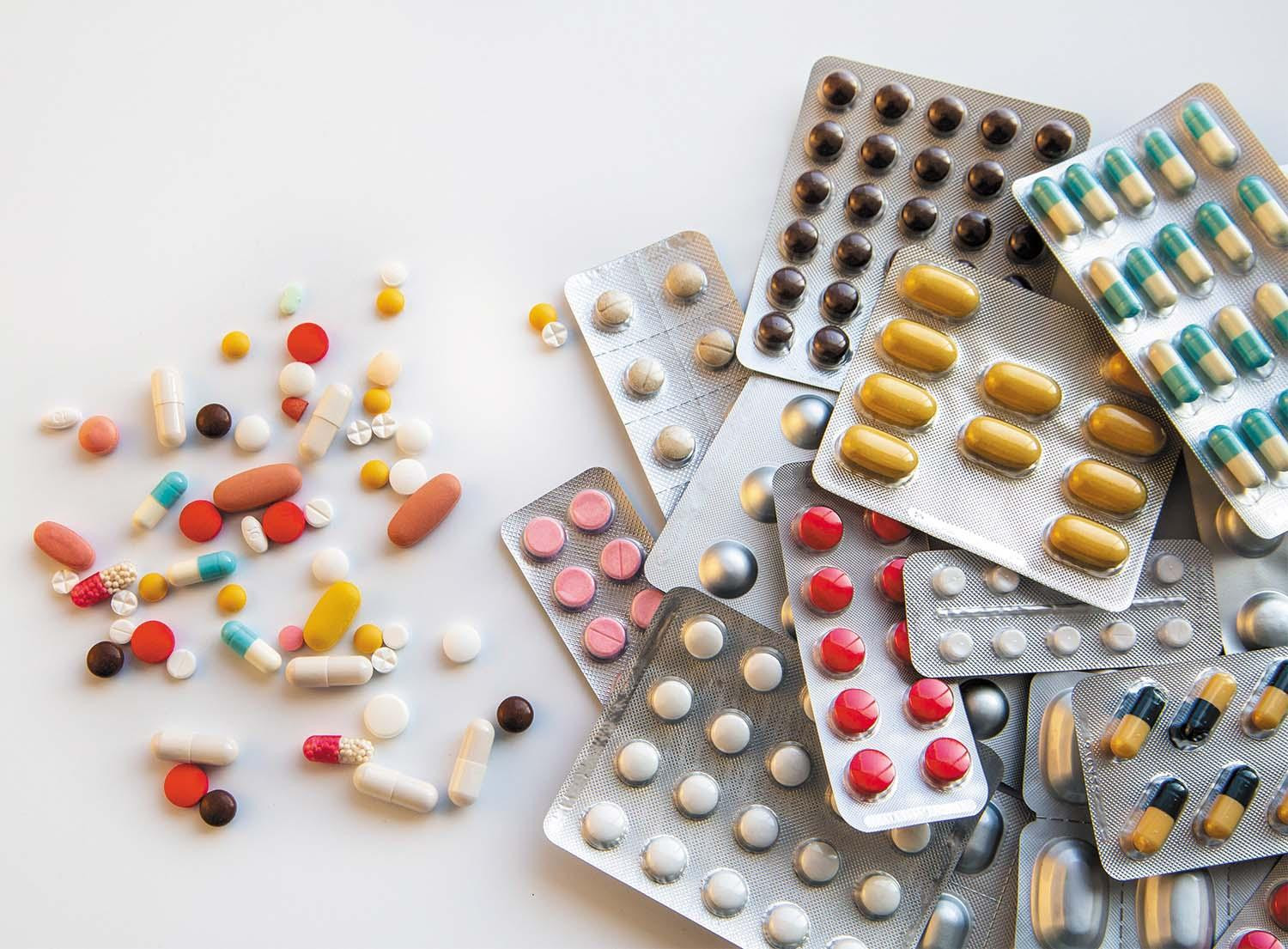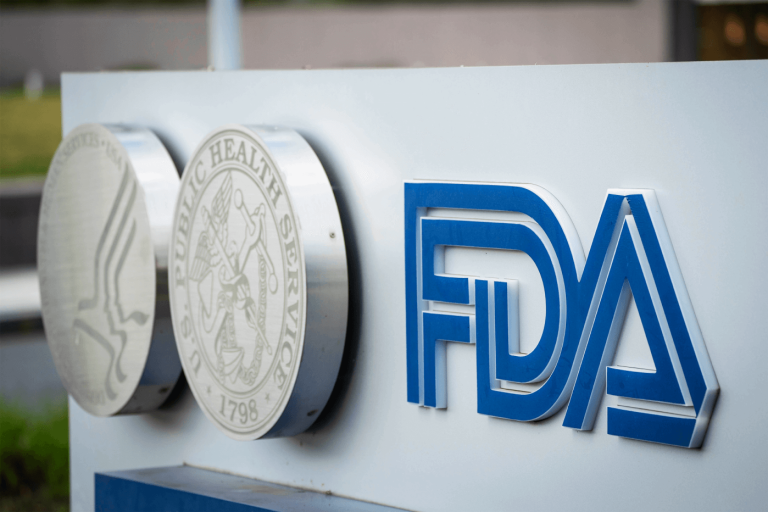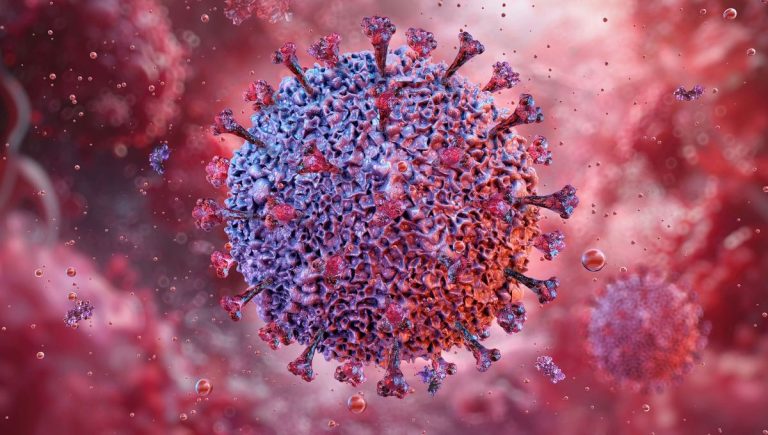A leading pharmacist has issued a stern warning about the dangers of mixing certain medications with alcohol, emphasizing that some combinations can have serious, even life-threatening consequences. Experts caution that while some drugs may only increase drowsiness or affect coordination, others can trigger severe internal damage, including liver failure, bleeding, and in extreme cases, death.
Deborah Grayson, a pharmacist with more than three decades of experience, highlighted the seriousness of these interactions in a recent interview. “I’ve had patients who felt almost like they were close to death after combining alcohol with certain medications,” she said. “Even small amounts of alcohol can have significant effects when mixed with the wrong drugs.”
Grayson explained that the risks vary depending on the type of medication, dosage, and individual health factors, but she emphasized that some interactions are particularly dangerous and should be avoided under all circumstances.
“Some patients assume that a little drink is harmless, but that’s often not the case,” Grayson said. “I’ve seen people who thought a single glass wouldn’t matter, and they ended up extremely unwell. It’s not worth the risk.”
The consequences of combining alcohol with medication can manifest in a range of ways. For some, the combination increases sedation and drowsiness, making it harder to gauge levels of intoxication and putting individuals at risk of accidents or injuries. In more serious cases, alcohol can interact with medications to impair liver function, increase bleeding risk, or trigger dangerous fluctuations in blood pressure or heart rhythm.
Grayson noted that some of the most high-risk medications include:
-
Painkillers and Opioids – Combining alcohol with prescription painkillers, particularly opioids, can depress the central nervous system, leading to dangerously slowed breathing, extreme drowsiness, and even coma.
-
Blood Thinners – Drugs like warfarin can interact with alcohol to increase the risk of internal bleeding, even after moderate consumption.
-
Antidepressants and Anti-Anxiety Medications – Alcohol can amplify sedative effects and impair judgment when combined with selective serotonin reuptake inhibitors (SSRIs), benzodiazepines, or other psychiatric medications.
-
Diabetes Medications – Certain medications for type 2 diabetes can cause dangerously low blood sugar levels when mixed with alcohol, which may result in fainting, seizures, or hospitalization.
-
Liver-Metabolized Drugs – Many prescription drugs rely on liver metabolism. Alcohol can overburden the liver and lead to permanent damage when taken with medications such as statins or certain antibiotics.
-
Over-the-Counter Cold and Flu Medications – Even common decongestants, antihistamines, and cough medicines can become hazardous when combined with alcohol, often increasing sedation or causing irregular heart rhythms.
“The risk isn’t just theoretical,” Grayson said. “I’ve had patients come in extremely unwell because they didn’t realize that even common over-the-counter medicines could interact with alcohol in dangerous ways.”
Medical experts advise that anyone taking medication, whether prescription or over-the-counter, should consult their pharmacist or physician before consuming alcohol. Reading labels carefully and adhering to warnings is critical, as even small quantities of alcohol can exacerbate side effects or trigger dangerous reactions.
In addition to physical health risks, alcohol can also undermine the effectiveness of some medications. For example, antibiotics or antiviral drugs may become less effective, potentially prolonging illness or leading to complications. For individuals with chronic conditions such as diabetes, liver disease, or cardiovascular issues, mixing alcohol with medication can be particularly hazardous.
Grayson also highlighted the importance of patient awareness and communication. “Many people don’t realize the seriousness until it’s too late,” she said. “It’s always safer to err on the side of caution. If you’re unsure, don’t drink while taking your medication.”
Healthcare professionals recommend a number of practical steps to reduce risk:
-
Always check medication labels for warnings about alcohol.
-
Ask your pharmacist or doctor about potential interactions.
-
Avoid alcohol entirely when taking medications that can cause drowsiness, affect the liver, or alter heart function.
-
Monitor for unusual symptoms such as extreme dizziness, nausea, unusual bleeding, or confusion, and seek medical attention if these occur.
Experts emphasize that while moderate alcohol consumption is generally safe for many adults, combining it with certain medications can drastically change the risk profile. Public health guidance continues to stress the importance of understanding these interactions to prevent avoidable medical emergencies.
“It’s not about being overly cautious; it’s about staying safe,” Grayson said. “Even experienced drinkers can be caught off guard when alcohol interacts with their medication. Patients have ended up in the hospital or worse, and it’s completely preventable.”
With these warnings in mind, Grayson urges patients to take their medications seriously and to view alcohol as a potential hazard, not a harmless indulgence, while under treatment. “The consequences of ignoring this advice can be severe,” she said. “Don’t take the risk—you could be gambling with your life.”

Emily Johnson is a critically acclaimed essayist and novelist known for her thought-provoking works centered on feminism, women’s rights, and modern relationships. Born and raised in Portland, Oregon, Emily grew up with a deep love of books, often spending her afternoons at her local library. She went on to study literature and gender studies at UCLA, where she became deeply involved in activism and began publishing essays in campus journals. Her debut essay collection, Voices Unbound, struck a chord with readers nationwide for its fearless exploration of gender dynamics, identity, and the challenges faced by women in contemporary society. Emily later transitioned into fiction, writing novels that balance compelling storytelling with social commentary. Her protagonists are often strong, multidimensional women navigating love, ambition, and the struggles of everyday life, making her a favorite among readers who crave authentic, relatable narratives. Critics praise her ability to merge personal intimacy with universal themes. Off the page, Emily is an advocate for women in publishing, leading workshops that encourage young female writers to embrace their voices. She lives in Seattle with her partner and two rescue cats, where she continues to write, teach, and inspire a new generation of storytellers.









